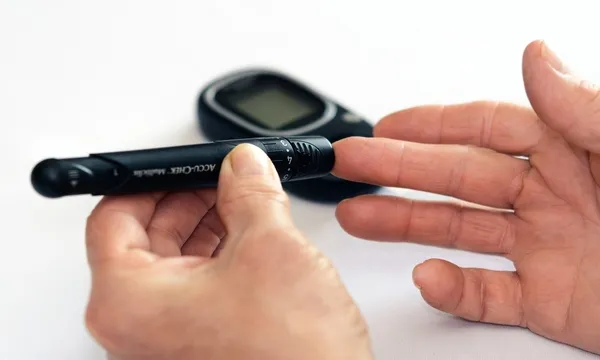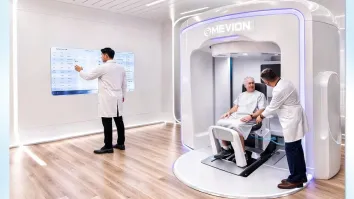
Malaysia's medical device market sees new regulations
These will bring Malaysia closer in line with the ASEAN medical device directive.
Malaysia Medical Device Authority (MDA) has now implemented Medical Device Regulations 2019 from 1 July this year, a Fitch report has revealed. The new regulations are set to drive standards and compliance for adverse event (AE) reporting within the current registration system, and also encourage stronger post-market vigilance.
Under the new directive, three categories are defined for reporting recalls. Class I, devices carrying the highest risk, must notify MDA at least 48 hours before the recall is made. Class II recalls require notice of no less than three days and Class III requires no less than five days.
Regulations also state that device companies must submit reports to determine if a Field Safety Corrective Action (FSCA) is needed. Manufacturers can perform FSCAs at any time given that they notify the MDA in advance and provide a full report of the action. An investigation report must be followed within 30 days to identify the steps taken to correct the issue.
The MDA even requires manufacturers to maintain complaints for a minimum of five years past the useful life of the product and distribution records must be kept for at least two years or for the duration of the projected useful life as stated in the product's documentation.
In addition to device specifications and consignee information, the distribution records must contain details on the storage, delivery, receipt, and disposal of the product. For implantable devices, records must include detail on the healthcare facility in which the device was implanted, as well as all details pertaining to the procedure.
These regulations came in effect to align with the ASEAN Medical Device Directive (AMDD) to increase market access and support regional growth in Asia.
Fitch Solutions expects Malaysia’s medical device market to see a solid growth of 6.4% in terms of local currency and 7.4% in terms of US dollars.



















 Advertise
Advertise






